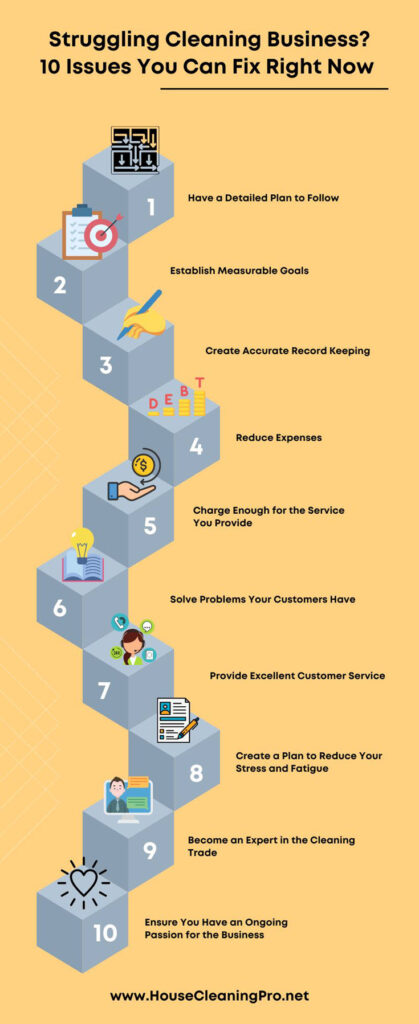 Chances are you’ve heard the statistics many times before. According to the U.S. Small Business Administration, only seven out of ten “new employer” firms survive at least two years, and only half will last five years. And these numbers refer only to businesses that have hired employees – if you consider one-person work at home businesses; the number of new business failures would almost certainly be higher.
Chances are you’ve heard the statistics many times before. According to the U.S. Small Business Administration, only seven out of ten “new employer” firms survive at least two years, and only half will last five years. And these numbers refer only to businesses that have hired employees – if you consider one-person work at home businesses; the number of new business failures would almost certainly be higher.
If you’ve just started a new business yourself, are considering doing so, or you are planning to expand, it’s important to understand exactly why so many new businesses are likely to fail in the coming year, so you can avoid it happening to you.
Table of Contents
Address These Issues Now to Avoid Failure
1. Not Having a Plan
One of the most common reasons that a new business will fail is that the owner doesn’t have a plan for beginning and operating the business. Having a plan might mean a formal business plan, but it doesn’t have to. You don’t have to have every detail planned out, but you do have to know what your products or services will be, how you’ll find customers, and how you’ll market to those customers.
In addition, you’ll need to be flexible and responsive; if something from the plan isn’t working, you’ll need to be able to identify why, and correct it going forward. A business plan template is included in our Business-in-a-Box to start and grow a residential cleaning business.
2. Not Having Measurable Goals
Having goals enables you to come up with a detailed roadmap toward achieving them. Business owners without measurable goals don’t know if their decisions are actually helping the business succeed, because they’ve set no standards for success. Use my free workbook to do a quick assessment of your business and create S.M.A.R.T. goals.
3. Inadequate record keeping
Inadequate record keeping can result in improperly filed tax returns, disputes with contractors and customers, and a huge loss of time trying to figure out how things should have been done. New business owners can avoid these problems by setting up proper record keeping systems from the outset, and getting outside help whenever necessary.
I’ve included basic record keeping forms in the Business-in-a-Box that includes step-by-step instructions. These record keeping forms are also included in the business and financial forms file bundle.
4. Inadequate Funding
A new business will have money coming in, and money going out, so if the money coming in doesn’t meet expectations, those expenses must be reduced accordingly. Remember that your funding is only “inadequate” if it doesn’t cover your expenses – reducing those expenses may be the answer.
5. Not Charging Enough
Once a customer gets something at a greatly reduced price it can be very difficult to get them to pay for it later. Either give something away for free or charge full price, but avoid significant discounts without a stated expiration.
If you choose to give something away, make sure to get a referral, a testimonial, an email list sign-up or something else of value from the customer in order to establish in the customer’s mind that your product or service is not “free.” Discover how much to charge in your cleaning business in this post.
6. Insufficient Value Proposition
What makes a customer choose to buy your product or service? Having an insufficient value proposition may be because the business owner is trying to solve the wrong problem (or something that most individuals simply wouldn’t consider a problem).
As a business owner, your job is to solve a problem the customer has. What problems do your customers have? Is there anything they are unhappy with in your service? You should have a list of customer issues from the initial interview you did with your ongoing clients. You can also survey them to help improve your the service you provide.
Are you landing most of the jobs you quote? If not, discover why your business prospects choose your competition over you.
7. Neglecting Customers
Good customer service is absolutely essential, and a new business that treats its customers poorly is going to face challenges to survive. But that first transaction with a new customer isn’t the end of the sales process – it’s the beginning of a long-term relationship.
Customer needs change over time, so you will need to reach out to them on a regular basis. You can so this with scheduled walk-throughs to survey the work completed and annual surveys. Discover more excellent customer service tips in this post.
8. Neglecting Personal Health and Well-being
Running a new business is tough. The physical and mental stress of trying to make a new business succeed can take its toll on the business owner, and taking sick days simply isn’t an option. Take the time you need to assess issues and assemble a plan to reduce stress and fatigue.
9. Not Recognizing Gaps in Knowledge or Expertise
Your current level of inexperience won’t always doom your business, but you’re almost certain to fail if you don’t get help to overcome that inexperience, and to become an expert in your chosen field as quickly as possible.
You can do this with ongoing research and education in the form of expert materials you can invest in to help you manage and grow your business. The Business-in-a-Box is a good example of expert materials that are available to help you start and grow your cleaning business.
10. Not Having a Passion for the Business
Even if a new business owner could overcome all of the previous nine problems discussed above, it’s virtually impossible to succeed without passion for the business.
If you love managing your business, but not performing the work yourself, then it’s time to assemble a plan to hire and train workers.
If you can’t find anything you enjoy with your business, then it’s time to sell. Discover how much your business is worth in this post.

